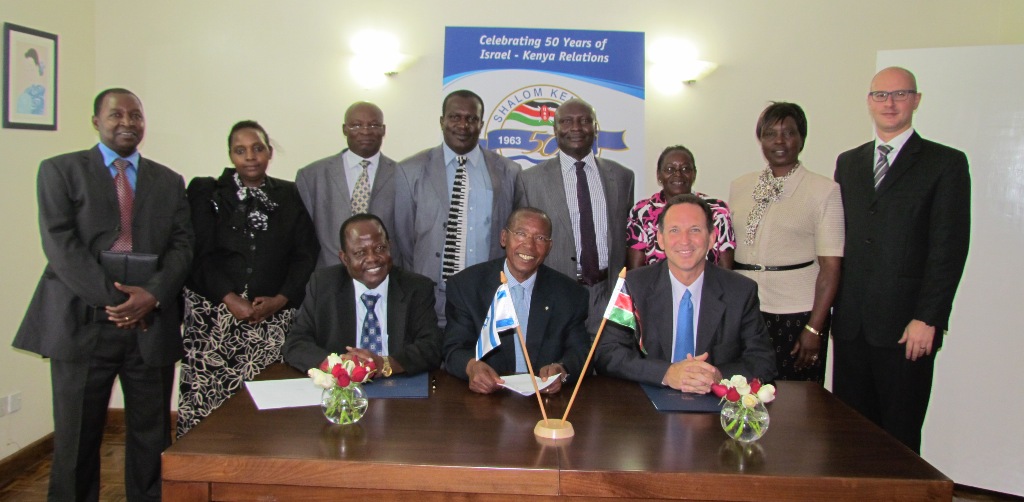
The concept of Sustainable Development was introduced at the first United Nations Conference on the Human Environment in 1972 in Stockholm, Sweden. It assumed greater significance after the Rio Earth Summit in 1992, which prioritized the global environment discussion and improved upon the initial framework introduced in Stockholm. At Rio+20, in 2012, the commitment to the right to education was reaffirmed and it was acknowledged that full access to quality education at all levels is an essential condition for achieving sustainable development. Furthermore, international cooperation was encouraged in order to achieve this objective.
The objective of this collaboration is to provide a framework for the establishment of Education for Sustainable Development (ESD), which aims at the preservation of environmental integrity, economic viability, and just society for present and future generations.
The ESD programme addresses these objectives through the establishment of broad teaching and learning processes that emphasize an interdisciplinary and holistic approach, which promotes critical and creative thinking in education. ESD pursues this endeavor with the understanding that human behavior can be altered to limit harmful effects on the environment.
The Republic of Kenya recognizes the importance of ESD in its devolution of management from National to County level government. In acknowledgment of the importance of ESD, the Republic of Kenya, through the Ministry of Education, appealed to the State of Israel’s Agency for International Development Cooperation in the Ministry of Foreign Affairs to establish a joint project directed towards improving the educational system of the Republic of Kenya.
The Program is conceived as a joint-directive between Kenya’s Ministry of Education and MASHAV and was developed in collaboration with The Institute for Education for Sustainable Development at the David Yellin Academic College of Education. The Program adheres to the understanding that the promotion and implementation of ESD should become an integral element in curricula of learning institutions, and that the path to establish institutions based on the tenets of ESD requires thorough, long-term development and support activities.
The Parties commit to the final goal to establish a National Network of ESD with demonstration centers, which will be a source of inspiration and training for the remaining schools, by the end of 2015. The Parties also recognize that the objective of the Program will be reached by a National Network of ESD driven demonstration centers implemented through the organization of school principals in Kenya (KEPSHA and KESHA). This network will comprise 25 National Managers, 286 sub-district managers, and 22,000 Primary School principals.
This is a Four Year Plan (2011-2015) for the Development and Dissemination of Education for Sustainable Development (ESD) in Kenya, inspired by "From Given towards ESD Driven" Spiral Developmental Approach. The duration of the program, however, will be four (4) years starting from the 2013 calendar year. The structure for the annual agenda of the program consists of courses in Israel that will be held at MASHAV’s Ofri International Training Center, mobile courses in Kenya, and short-term visits that will be held in conjunction with the steering committee meeting to evaluate the progress of the Program.
- Date: